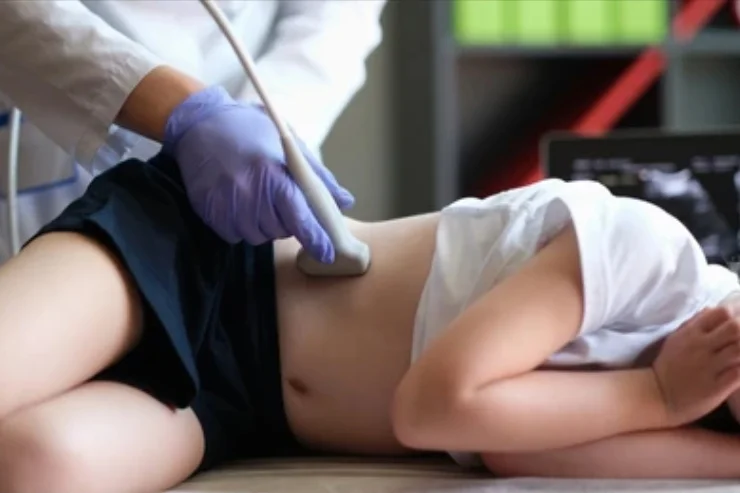Pediatric Urology
- Home
- Pediatric Urology

Pediatric Urology
Pediatric urology is a subspecialty of urology that focuses on the diagnosis and treatment of urinary tract and genital disorders in children. Common conditions treated in pediatric urology include hypospadias and undescended testis (cryptorchidism). Early diagnosis and appropriate intervention are crucial for optimal outcomes in these conditions.
Hypospadias
Hypospadias is a congenital condition in which the urethral opening is located on the underside of the penis rather than at the tip. This condition can vary in severity and may involve associated abnormalities of the penis (e.g., curvature of the shaft, known as chordee).
- Types:
- Distal Hypospadias: The opening is located near the tip of the penis.
- Midshaft Hypospadias: The opening is located along the shaft of the penis.
- Proximal Hypospadias: The opening is located near the base of the penis or in the perineum.
- Management:
- Surgical correction is typically performed between 6 months and 18 months of age to achieve a functional and cosmetic result.
- The surgery involves creating a new urethral opening and may also correct any curvature of the penis.
- Most children achieve normal urinary function and sexual function after surgery.
Undescended Testis (Cryptorchidism)
Undescended testis, or cryptorchidism, is a condition in which one or both testes fail to descend into the scrotum before birth. This condition is relatively common and can lead to complications such as infertility and testicular cancer if not addressed.
- Diagnosis:
- Physical examination is typically sufficient to diagnose undescended testes. Ultrasound or other imaging may be utilized if the testicle is not palpable.
- Orchidopexy:
- Orchidopexy is the surgical procedure used to place the undescended testis into the scrotum and secure it in place.
- This surgery is generally performed between 6 months and 18 months of age, preferably before the age of 2 years to minimize long-term complications.
- Orchidopexy can help reduce the risk of infertility and testicular cancer, as well as improve testicular function.
Timely intervention in both hypospadias and undescended testis is essential for ensuring proper urinary and reproductive health as the child grows. Parents are encouraged to consult with a pediatric urologist for comprehensive evaluation and management of these conditions.
